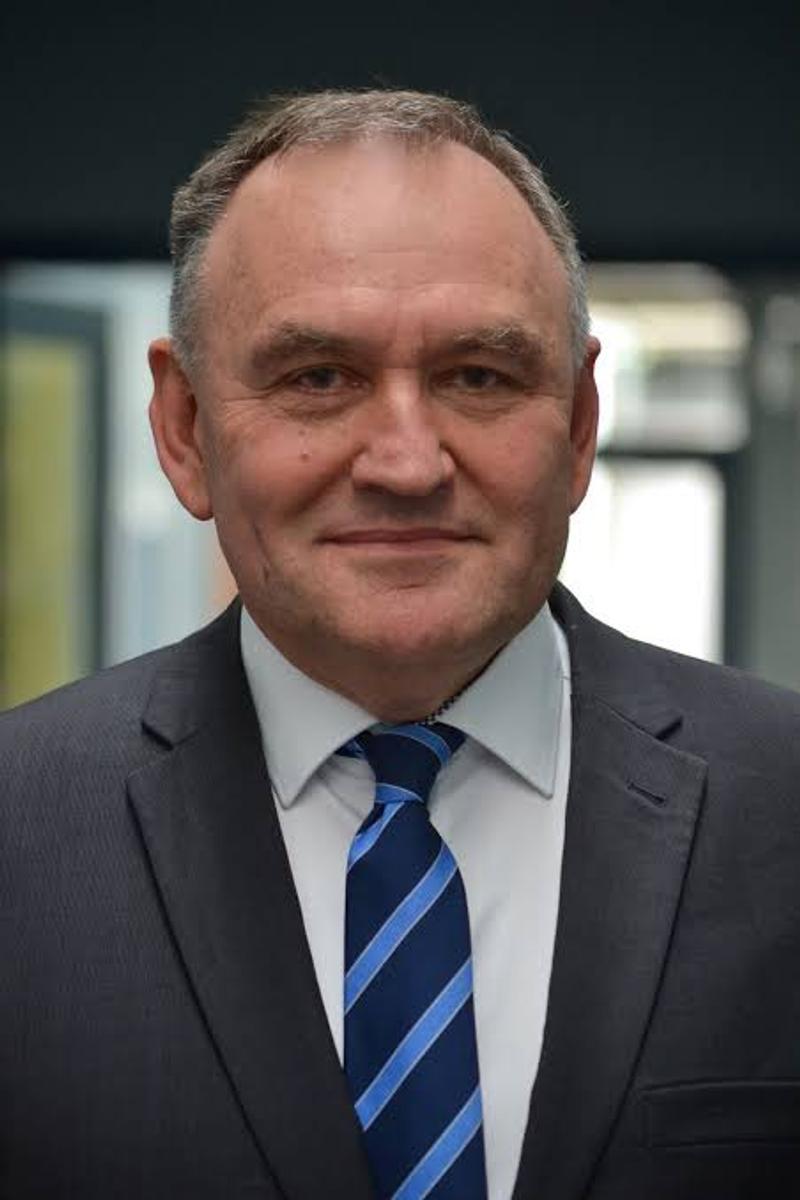From the Memory Box
Henry Grossek- Principal Berwick Lodge Primary School

From the Memory Box
Henry Grossek- Principal Berwick Lodge Primary School
Issue No 14


“When one door closes, another door opens.” That famous saying has come in more than handy for me throughout my life. Dare I say, I’m not alone. Interestingly, it is actually the first part of a longer quote by Alexander Graham Bell which ends with “but we often look so long and so regretfully at the closed doors that we do not see the ones which open for us.” Like so much in life, it is the entirety, in this case the quote, that brings a richer perspective to our thinking. In our haste-driven lives, how often do we miss that point?
Bell was an extraordinarily gifted person, his achievements extending well beyond that for which he is best known – the invention of the telephone. It is hard to put a value on the contribution that the above quote by Bell may have made to people’s lives, unlike that of the telephone, or his other inventions. The fact that it remains in common usage tells us something, however. So it is with our profession, teaching –our impact as leaders and teachers is significant in many ways, some more obvious than others.
“Just remember, as a teacher, you will be just one person, sprinting for your short distance, in a marathon relay team and you may never know the outcome.” The words of a principal of mine in my early days as a teacher; days in which I needed encouragement, lots of it. I’ve never forgotten that advice. At the very least, I have learnt the importance of patience, persistence and hope.
In a 2018 study, C. Kirabo Jackson, an economics professor at Northwestern University, looked at data on over 570,000 students in North Carolina, USA. He found that ninth-grade teachers who improved their students’ noncognitive skills – which include motivation and the ability to adapt to new situations, as well self-regulation – had important impacts on those students. In short, they were more likely to have higher attendance, higher grades and were more likely to graduate than their peers. Ironically, as we know only too well – such noncognitive skills aren’t usually measured on tests and their importance can escape deserved attention. Given the important weighting attached to standardised test results, evidence such as this can be as frustrating as inspiring to teachers and school leaders.
School leaders are daily confronted with situations in which their words and actions, count for much – some of which will linger in the minds of their staff and students for the rest of their lives. Most recently I was again reminded of this at the Australian Principals Federation 2023 AGM and Seminar, by Steve Francis, former principal and now an expert in the complexities of school leadership and the creator of OPTIMAL Leadership. Steve’s messages were as powerful as they were simple. More often than we might consider, it’s the small things we say or do that can have an awesome impact he argued, citing evidence garnered from his many years as a school principal in Queensland. That, of course, as in the case of Bell’s famous quote above, was only half the story - the tail-end being that we can miss the lessons of the small things – camouflaged by our focus on the big things.
That camouflage can be peeled back. Ever sat down and brainstormed the very little, even tiny things that others have said to, or done for, you that meant so much and then made a point of telling them? If you have, you’ll never forget the response that you received. If not, then it’s never too late.